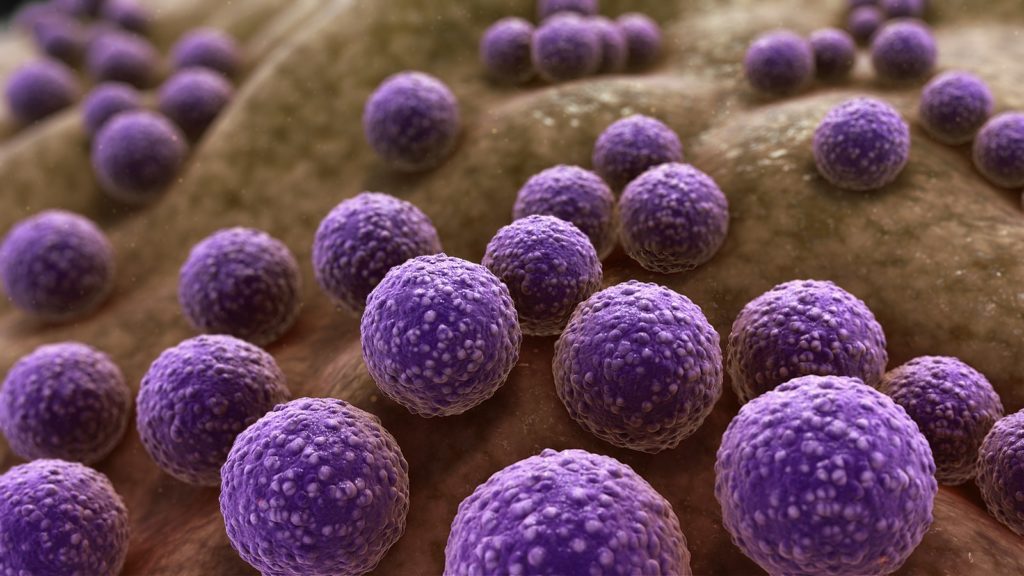This study will examine the safety and effect of escalating doses of arginine in falciparum malaria. It will determine whether arginine can increase NO production and have an effect on NO-dependent physiological measurements. The hypothesis is that arginine: will be safe in falciparum malaria; will return plasma arginine concentration to normal/supranormal levels; will increase systemic and exhaled NO; reduces oxidant stress; and improves a number of NO-dependent physiological measures of relevance to malaria.
Official Title
Pharmacokinetic-Pharmacodynamic Study of Adjunctive Arginine in Falciparum Malaria
Conditions
Falciparum Malaria
Study Type
Interventional
Study Design
Treatment, Non-Randomized, Open Label, Dose Comparison, Parallel Assignment, Pharmacokinetics/Dynamics Study
Further Details
- Primary Outcome Measures: exhaled and systemic nitric oxide production; endothelial function
- Secondary Outcome Measures: safety; pharmacokinetic (PK) parameters; pharmacodynamic (PD) parameters; oxidant stress; gas transfer; endothelial activation; a priori subgroup analysis: endothelial function in those with baseline impairment of function
Study Start
February 2005
Eligibility & Criteria
- Ages Eligible for Study: 18 Years – 60 Years
- Genders Eligible for Study: Both
Inclusion Criteria
- P. falciparum parasitemia (1,000-100,000 parasites/ul)
- Clinical syndrome consistent with malaria associated with documented fever (axillary temperature > 38 degrees Celsius) or self-reported history of fever in the last 48 hours with no other cause present
- Commenced oral quinine < 18 hours prior to scheduled commencement of arginine
- An indication for hospital admission (eg relative cannot look after/supervise treatment at home but not having any warning signs or severe malaria criteria in “exclusion criteria” below)
- Informed consent obtained
Exclusion Criteria
- Pregnancy or lactation
- Mixed infection with P. falciparum and P. vivax
- Warning signs of altered mental state and inability to sit unaided
- Features of severe/complicated malaria
- Diabetes
- Systolic blood pressure (BP) < 100 mmHg
- Serious underlying disease (cardiac, hepatic, kidney)
- Initial iSTAT test showing any of the following values:glucose < 4 mmol/L; K+ > 4.2 meq/L; Cl- > 106 meq/L; HCO3- < 20 meq/L
- Known allergy to L-arginine
- Concurrent therapy with any of the following medications: spironolactone; oral nitrates; phosphodiesterase inhibitor (eg sildenafil [Viagra]); alpha-blocking antihypertensive agents (eg prazosin); L-arginine.
Total Enrolment
50
Contact Details
Nick M Anstey, MBBS +61-8-8922 8932 anstey@menzies.edu.au
All content and media on the HealthEngine Blog is created and published online for informational purposes only. It is not intended to be a substitute for professional medical advice and should not be relied on as health or personal advice. Always seek the guidance of your doctor or other qualified health professional with any questions you may have regarding your health or a medical condition. Never disregard the advice of a medical professional, or delay in seeking it because of something you have read on this Website. If you think you may have a medical emergency, call your doctor, go to the nearest hospital emergency department, or call the emergency services immediately.







